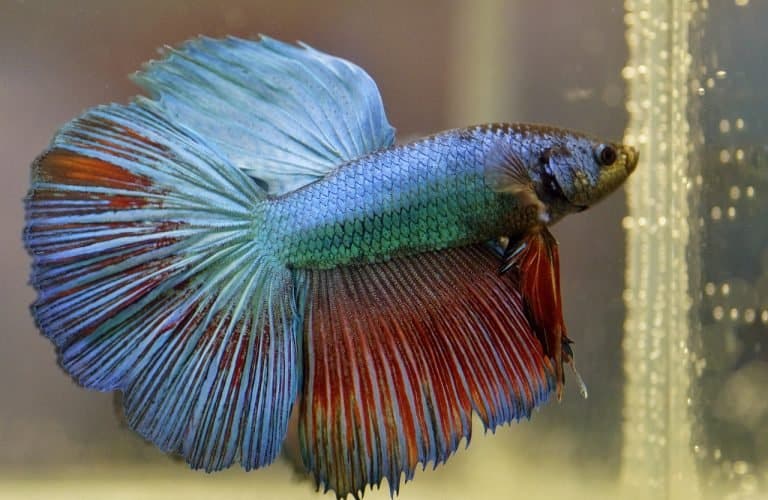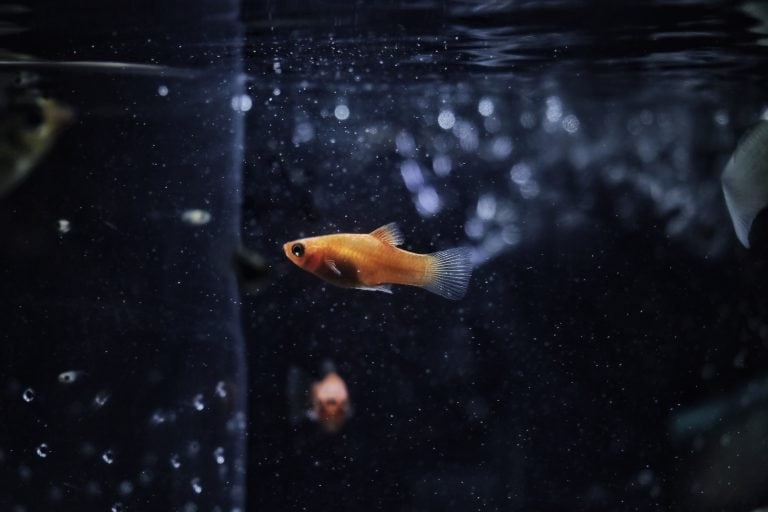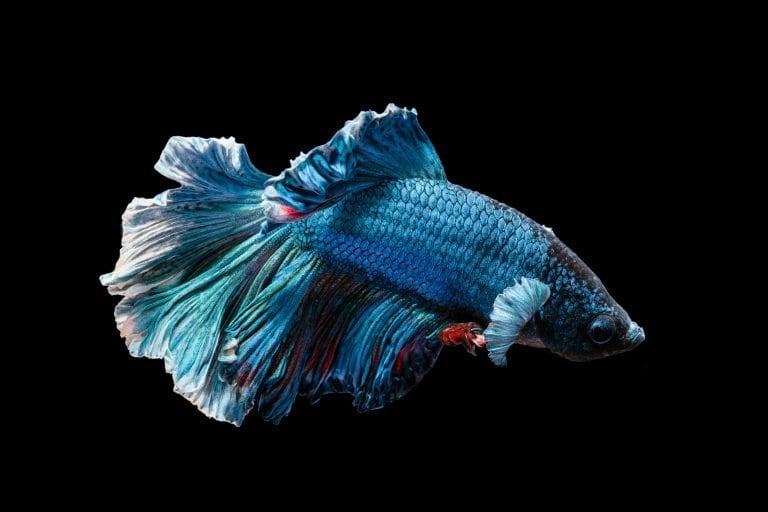Oftentimes, tail tail biting is a common issue that many betta fish owners face. It can be a frustrating and concerning behavior that can have serious implications for the health and well-being of the fish. It is important for fish owners to understand the potential causes and take proactive measures to prevent this behavior. Fortunately, there are several effective strategies that can help prevent tail tail biting in betta fish and promote a healthy and thriving aquatic environment.
Key Takeaways:
- Monitor Tank Conditions: Keep a close eye on the water temperature, pH levels, and cleanliness of the tank to prevent stress and aggression in betta fish.
- Provide Enrichment: Add plants, hiding spots, and other decorations to the tank to give betta fish places to explore and avoid boredom, which can lead to tail biting behavior.
- Limit Aggression Triggers: Avoid overstocking the tank, and be mindful of introducing new tank mates that may cause stress or territorial behavior in betta fish.
Understanding Tail Biting in Betta Fish
While betta fish are generally known for their vibrant colors and beautiful flowing fins, some owners may encounter the issue of their bettas’ tails being bitten. Tail biting in betta fish is a common behavior that can be concerning for fish owners. It can lead to frayed or torn fins, causing distress to both the fish and the owner. Understanding why betta fish exhibit this behavior is crucial in preventing and addressing tail biting.
One aspect of understanding tail biting in betta fish involves considering the factors that may trigger this behavior. This can range from environmental stressors to genetic predisposition. By learning more about these factors, owners can take steps to prevent tail biting and create a healthier environment for their betta fish. To gain further insight into this issue, individuals can visit forums such as My betta WON’T stop biting his fins!!! Please help!!!! where other betta owners share their experiences and seek advice on managing tail biting behavior in their fish.
Exploring the Causes of Tail Biting in Betta Fish
One potential cause of tail biting in betta fish is stress. This could be due to factors such as inadequate tank size, poor water quality, or lack of enrichment in the environment. Additionally, aggression from other fish in a shared tank can also contribute to this behavior. Identifying and addressing these potential stressors is essential in preventing tail biting in betta fish.
Impact of Tail Biting on Betta Fish’s Health
The impact of tail biting on a betta fish’s health cannot be overlooked. Frayed or torn fins not only affect the betta’s physical appearance but can also compromise their overall well-being. Constant tail biting can lead to open wounds, leaving the fish vulnerable to infections. Furthermore, the stress caused by tail biting can weaken the betta’s immune system, making them more susceptible to diseases. It is crucial for owners to take proactive measures to prevent and manage this behavior to ensure the health and longevity of their betta fish.
Preventative Measures for Tail Biting in Betta Fish
Now that you’ve recognized the signs of tail biting in your Betta fish, it’s important to take action to prevent further damage. There are several preventative measures that can be taken to ensure the wellbeing of your Betta and reduce the risk of tail biting. By providing the best environmental conditions, appropriate diet and nutrition, and enrichment activities, you can help to minimize the likelihood of this behavior.
Best Environmental Conditions to Prevent Tail Biting
Creating the best possible environment for your Betta fish is crucial in preventing tail biting. Ensure that the tank is adequately sized, filtered, and heated to maintain a stable and healthy habitat. It is important to provide hiding spots and plants to create a stimulating and enriching environment. By reducing stress and boredom, the likelihood of tail biting behavior can be minimized.
Appropriate Diet and Nutrition to Avoid Tail Biting
Another essential factor in preventing tail biting in Betta fish is providing a well-balanced and nutritious diet. Ensure that you are feeding your Betta high-quality pellets or flakes, and occasionally supplementing with live or frozen foods. Proper nutrition will help to keep your Betta fish healthy and reduce the likelihood of stress-induced behaviors such as tail biting. Additionally, maintaining a regular feeding schedule and avoiding overfeeding is crucial in preventing this issue.
Intervention and Treatment Options
Your betta fish may exhibit tail biting for various reasons such as stress, boredom, or territorial disputes. It’s crucial to address the issue promptly to prevent further harm to the fish. There are several intervention and treatment options available to help alleviate tail biting in betta fish.
When to Seek Professional Help for Tail Biting
If your betta fish’s tail biting behavior persists despite trying various intervention methods, it may be time to seek professional help. A veterinarian or a fish expert can provide valuable insight and recommend advanced treatment options to address the underlying causes of tail biting. Additionally, if the tail biting results in open wounds or infection, it is imperative to seek professional help immediately to prevent further harm to the fish.
Different Treatments for Tail Biting in Betta fish
There are several treatments available to help alleviate tail biting in betta fish. Firstly, it’s essential to address the root cause of the behavior by creating a stress-free environment, providing adequate hiding spots, and reducing any potential triggers. Introducing new tank decorations or rearranging the existing ones can help to alleviate boredom and reduce stress. Additionally, adding tank mates (compatible species only) can provide companionship and reduce the fish’s aggression. It’s important to monitor the betta fish’s behavior closely and make adjustments as necessary. Medications may be necessary in cases of severe tail biting resulting in open wounds, and a vet might recommend a specific treatment plan to address any underlying health issues causing the behavior.
How Can You Prevent Tail Biting In Betta Fish?
Now that you understand the potential causes and consequences of tail biting in betta fish, it is important to take proactive steps to prevent this behavior. By providing a suitable environment, ensuring proper nutrition, and minimizing stress, betta fish owners can help reduce the likelihood of tail biting in their pets. Additionally, regular monitoring and prompt treatment of any signs of tail biting can help to prevent further damage and improve the overall health and well-being of these beautiful fish.





